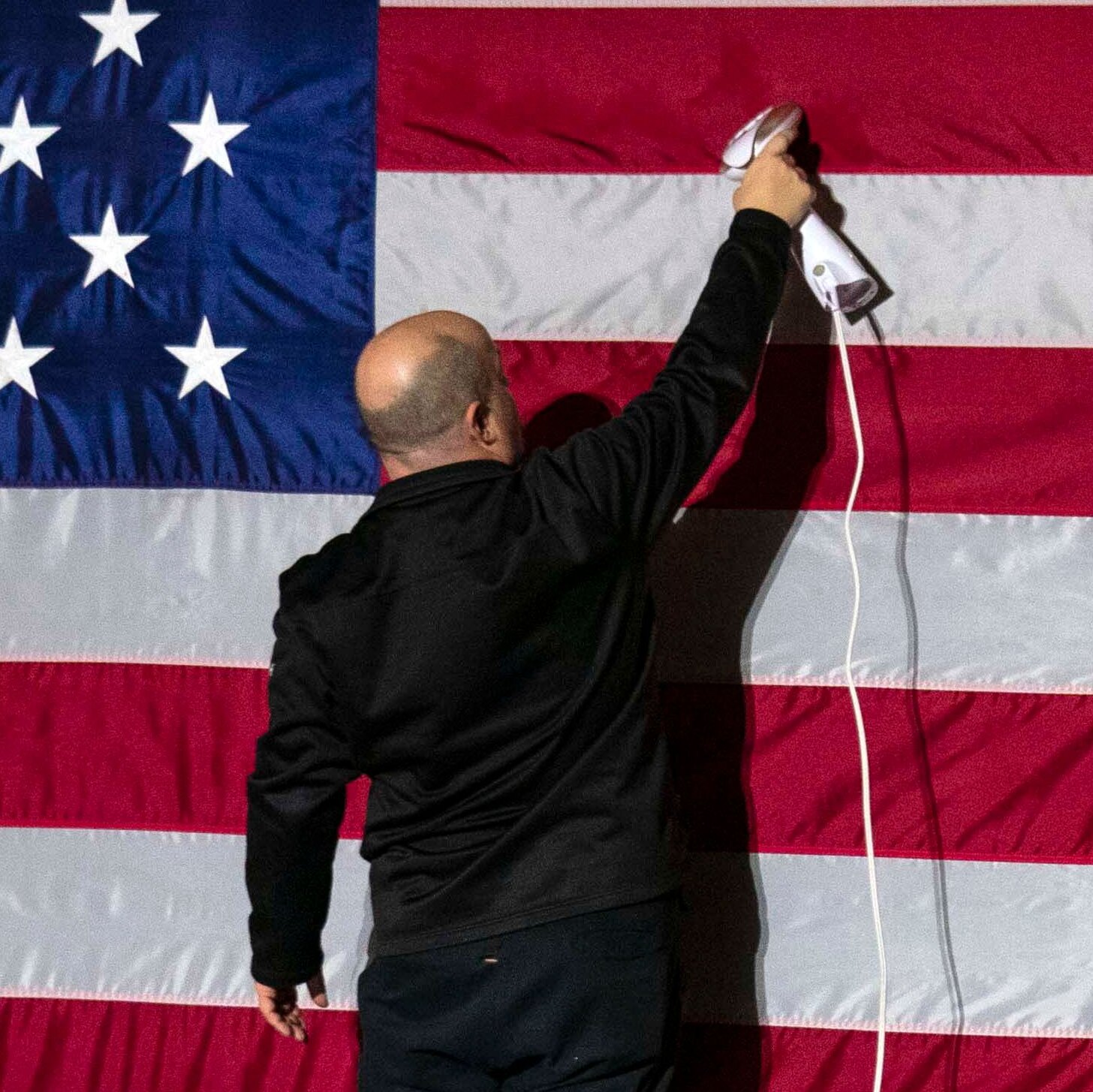Trump’s Presidency: A Dangerous Prelude to an Imperial Congress That Will Challenge Democracy and Divide the Nation Beyond Repair
The presidency of Donald Trump has been characterized by bold assertions of power and a disregard for established norms, leading many to question the implications for American democracy. As Trump positioned himself as a figure of authority, the concept of an “imperial presidency” emerged, suggesting that the executive branch was overreaching its constitutional boundaries. This evolution has not only reshaped the political landscape but has also raised alarms about the future of governance in the United States.
The term “imperial presidency” is often used to describe a situation where the executive branch operates with little regard for the legislative branch, effectively bypassing checks and balances. This phenomenon can be traced back to the post-World War II era, where presidents began to assert more control over foreign affairs and military actions. However, Trump’s presidency took this concept to new heights. His administration frequently employed executive orders and other unilateral actions, which some critics argue undermined the role of Congress.
One of the most controversial aspects of Trump’s presidency was his relationship with Congress. Rather than fostering bipartisan cooperation, his approach often led to increased polarization. The Republican-controlled Congress during much of his term was seen as complicit in this dynamic, as it largely acquiesced to Trump’s demands. The implications of this relationship were profound, as it not only diminished the legislative branch’s power but also set a precedent for future administrations to follow suit.
The challenges posed by an imperial presidency extend beyond the actions of a single individual. The erosion of congressional authority has far-reaching consequences for the democratic process. With Congress often sidelined, critical issues such as healthcare, immigration, and environmental policy became battlegrounds for executive action rather than collaborative legislative efforts. This shift has fostered a climate of division, where political allegiance often takes precedence over the pursuit of common good.
Moreover, Trump’s presidency highlighted the fragility of democratic institutions in the face of concentrated executive power. The Capitol riot on January 6, 2021, served as a stark reminder of the potential consequences when a leader undermines the foundational principles of democracy. The event not only exposed vulnerabilities within the political system but also raised questions about the loyalty of political leaders to democratic norms.
As the nation grapples with the legacy of Trump’s presidency, the prospect of an “imperial Congress” has emerged as a counterbalance to the perceived overreach of executive power. The idea suggests that Congress may need to reclaim its authority and actively challenge the executive branch to restore balance within the government. This shift could involve increased oversight, legislative initiatives aimed at curtailing executive actions, and a renewed commitment to bipartisan dialogue.
However, the path forward is fraught with challenges. The deep divisions within American society, exacerbated by Trump’s tenure, complicate the prospect of a cohesive and effective legislative response. The polarization of political discourse has made it increasingly difficult for lawmakers to find common ground, raising concerns about the ability of Congress to act decisively in the face of executive overreach.
The historical context of the imperial presidency provides valuable insights into the current political landscape. Past administrations have faced similar challenges, and the responses have varied. During the Nixon administration, Congress took significant steps to rein in executive power following the Watergate scandal, leading to reforms aimed at enhancing transparency and accountability. However, the long-term effectiveness of such measures remains debated.
As the political climate continues to evolve, the role of Congress in safeguarding democracy will be critical. The necessity for a robust legislative response to executive overreach is more pressing than ever, particularly as the nation confronts issues such as climate change, economic inequality, and social justice. These challenges require a collective effort that transcends partisan divides, underscoring the importance of collaboration in governance.
In this context, the notion of an imperial Congress could represent a turning point in the ongoing struggle for democratic integrity. By asserting its authority and actively engaging with the executive branch, Congress has the potential to restore public trust in government institutions. The question remains whether lawmakers can overcome the prevailing divisions and work toward a more balanced and accountable system of governance.
Ultimately, the legacy of Trump’s presidency serves as a cautionary tale about the dangers of unchecked executive power. The lessons learned during this tumultuous period may shape the future of American democracy for generations to come. As the nation navigates this complex landscape, the imperative for a strong and engaged Congress has never been clearer. The future of democracy hinges on the ability of its representatives to rise above partisanship and prioritize the interests of the American people.




